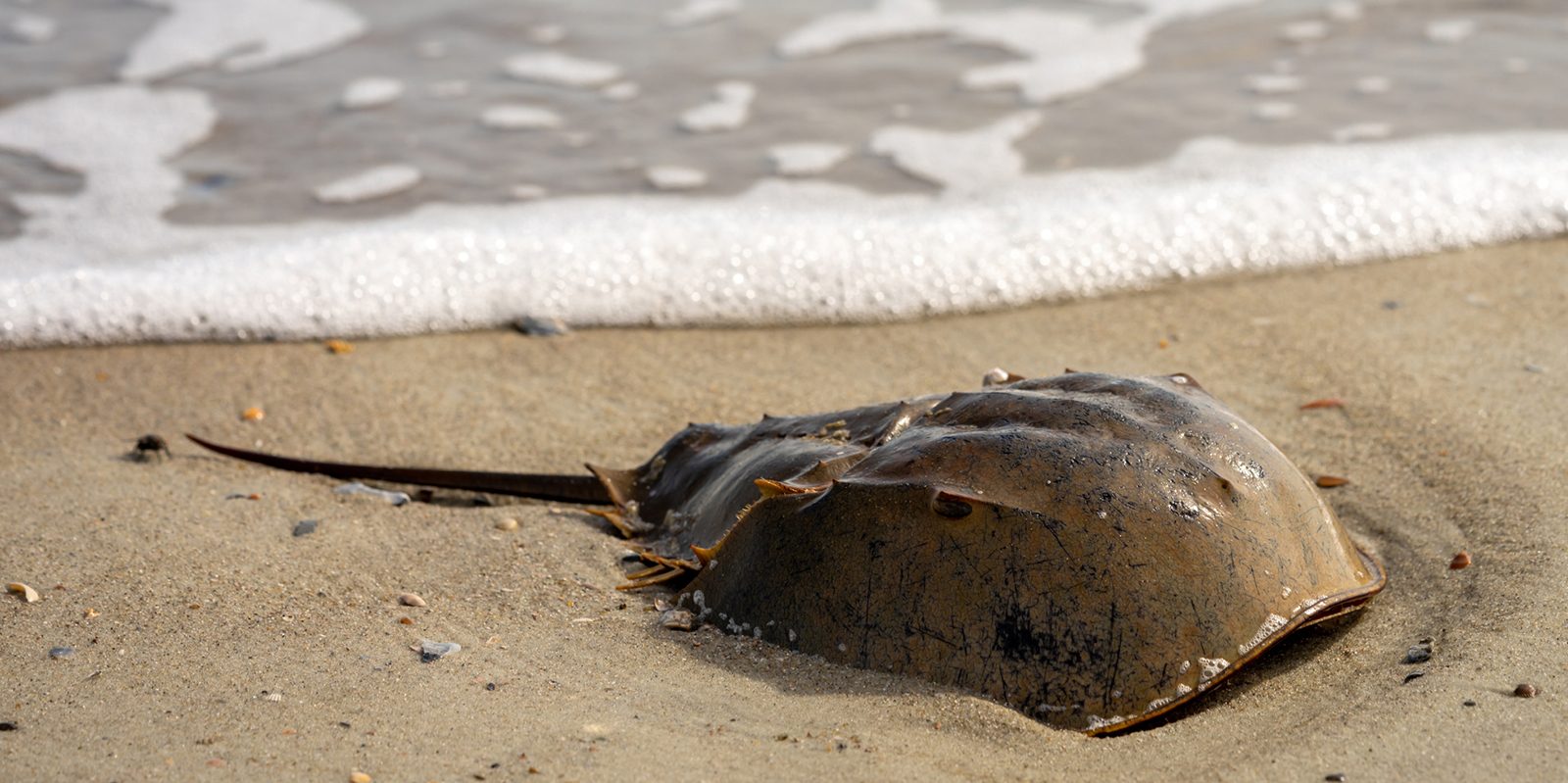Waterfront Property Owners File Injunction to Continue Their Fight Against R.I.’s New Shoreline Access Law
July 28, 2023
PROVIDENCE — Beachfront property owners drew another line in the sand this week in their legal battle over the state’s new shoreline access law.
The Rhode Island Association of Coastal Taxpayers (RIACT), a 50-member coalition of beach and waterfront property owners, filed a preliminary injunction July 25 in U.S. District Court to stop state authorities from enforcing the law the General Assembly passed and the governor signed last month.
The new law moved the rights of legal access for Rhode Island beachgoers — as guaranteed in the state Constitution — from the mean high-water line (MHW) to 10 feet landward of the lowest seaweed line that can be found on the shore. It only impacts lateral access, allowing people to walk up and down the shore contiguously. Getting to the shore, called perpendicular access, is another matter entirely.
The MHW line posed problems for beachgoers and private property owners, as its only discernible with scientific surveying equipment and nearly 20 years of tidal data. The boundary was not only impossible to see with the naked eye, it also was often underwater, and it frequently moved, making the rights to “enjoy the privileges of the shore” illusory, according to lawmakers.
In the recently filed brief, part of a larger lawsuit that seeks to overturn the new law, RIACT’s attorneys Daniel Procaccini and J. David Breemer argued the new law was an illegal seizure of private property and a Fifth Amendment violation by the state because of the public easement it placed on all coastal land. Furthermore, according to the group’s attorneys, RIACT has no other legal remedy but an injunction until its lawsuit plays out in court.
“Issuing such an injunction will not harm the public interest,” Procaccini and Breemer wrote in their brief. “Since the public never had a beach easement on private property located landward the MHW line prior to the Act, an injunction will take nothing from the public. It will simply return property interests along the coast to the pre-Act status quo and ensure that countless coastal owners do not have their property rights and investments suddenly and unconstitutionally injured.”
The lawsuit names the Rhode Island Department of Environmental Management and the Coastal Resources Management Council as defendants.
Rhode Island’s shoreline access law attracted national attention. Breemer’s employer, the Pacific Legal Foundation, a California-based libertarian organization, has offered its services pro bono and assigned two of its attorneys, including Breemer, to the case. RIACT attorneys said they expect to win their takings claims in court.
In a written declaration attached to the injunction brief, David Welch, RIACT president and part-time Charlestown resident, alleged that numerous members of the public used the beach in front of his three-bedroom summer home during the July 4 holiday weekend. According to Welch, on July 3 one such activist called the police, who told a security guard hired by Welch’s neighbors that they could not stop the public usage of the beach.
“I am concerned that members of the public can and will continue to enter and occupy my property and station themselves immediately around my home, at any time of day or night,” Welch wrote. “This harms the privacy of my beach home and raises safety concerns.”
There is no easement or public access rights attached to the property deed, according to Welch. A page of the deed for Welch’s Charlestown home enclosed with the injunction request lists the boundary as running alongside the mean high-water mark of the Atlantic Ocean.
But coastal access advocates have long maintained there is no such thing as private beaches in Rhode Island, despite attempts by private property owners, beach clubs, and fire districts to prove otherwise.
Rhode Island’s history of public shoreline access can be found in the 1663 colonial charter, that founded the colony of Rhode Island and Providence Plantations and affirmed the rights of residents to collect seaweed and fish, in the light of the English crown.
The 1843 Constitution, taking its cue from the charter, read “the people shall continue to enjoy and freely exercise all the rights of fishery, and the privileges of the shore to which they have been heretofore entitled under the charter and usages of this State.”
The Rhode Island Supreme Court altered that right in 1982 in its State v. Ibbison decision, moving the public boundary to the MHW line.
The law passed last month, in addition to moving the line further landward, assigned beachfront property owners certain legal liability protections for what happens on the public access part of the beach.
The law was the culmination of years of advocacy from shoreline activists and the result of a study commission on lateral shoreline access, an off-session study performed by legislators, once famed as the place where issues went to die.
Meanwhile, the fight over perpendicular access is heating up. In Westerly, a right-of-way known as the Spring Avenue Extension is under consideration by the CRMC to be declared a state right-of-way, which would allow the coastal agency and the attorney general’s office to take legal action to protect it. The Spring Avenue access point caught the attention of Attorney General Peter Neronha, who successfully petitioned for intervenor status.
The access point is currently controlled by the Weekapaug Fire District, which has long maintained it owns the right-of-way and uses it to police public access to Quonochontaug Beach, a nearly 2-mile barrier beach in Westerly.
A CRMC subcommittee is expected to schedule hearing dates later this year.




If your “for” denying taxpayers from accessing any areas of beach in this state, than your probably the same people voting to outlaw leaf blowers (and/or gas-powered small engines) as well…
Even though you most likely are wealthy enough to have landscapers take care of your beach front property you want to to deny people access to something only mother nature gives and/or takes away. Please, get over yourself(or selves).
Stop this. Now…
Lordy. I am so tired of these private property types…and don’t understand why in America we can’t have something like the UK’s Right to Roam Law: https://www.gov.uk/right-of-way-open-access-land/use-your-right-to-roam#:~:text=Access%20land%20includes%20mountains%2C%20moors,or%20'freedom%20to%20roam‘. It allows for access through private land and encourages respectful land use (don’t leave gates open for sheep to get out, e.g.) instead of this ME ME ME crap that says “Get the hell off my land or I shoot.” How about making a nice little path with cute signs and a little free library out front? That would direct people in a decent way to the beach without your precious property being overrun willy nilly as people try to figure out HOW to get to the tide line. Jesus. America is so dumb.